Overview
Understanding pocket knife laws in the U.S. is crucial, as regulations vary by state based on factors like blade length and intended use. Key points include specific laws in states like California, Texas, New York, Florida, and Illinois, as well as the importance of local regulations. Consequences for breaking these laws can include fines, confiscation, and criminal charges. Always verify local laws before carrying a knife, especially collectible types like Damascus Steel.
Frequently Asked Questions
1. What are the general laws regarding pocket knives in the United States?
2. What types of pocket knives are there?
3. Are there specific laws for pocket knives in California?
4. What are the regulations for carrying pocket knives in Texas?
5. What happens if you carry a pocket knife unlawfully?
When it comes to carrying pocket knives, the laws vary significantly from one state to another. Whether you are a collector of exquisite Damascus Steel blades or simply carry a pocket knife for everyday tasks, understanding the legal considerations is crucial. In this article, we will delve into the legal landscape surrounding pocket knife ownership and carry, ensuring that you're well-informed no matter where you are in the United States.
The Basics of Pocket Knife Legislation
Before we dive into state-specific laws, it's important to understand some basic legal concepts that often govern knife ownership and carry. Generally, pocket knives are categorized as folding knives, and the law tends to differentiate between various types based on blade length, locking mechanisms, and intended use.
Types of Knives
In the realm of pocket knives, you'll encounter different types including:
- Folding Knives: These blades fold into the handle, making them compact and easy to carry.
- Fixed-Blade Knives: These do not have a folding mechanism and often have regulations concerning their carry.
- Switchblades: Knives that automatically open with the push of a button; these are highly regulated in many places.
- Damascus Steel Knives: Known for their unique patterns and durability, these are often considered more of a collectible and may have different regulations.
Understanding these categories helps in determining what you can legally carry in your state.
State-Wise Legal Framework
Now, let's take a look at how the laws differ from state to state. Please note that while we will cover many of the major states, it’s important to verify local laws as they can frequently change.
California
In California, the law is quite specific about pocket knives. Generally, folding knives with a blade length of less than 2 inches are legal to carry openly or concealed. However, any blade longer than 2 inches can only be carried openly, and concealed carry is prohibited unless you have a CCW (Concealed Carry Weapon) permit. Additionally, switchblades are not allowed.
Texas
Texas offers a more permissive environment for knife enthusiasts. As of recent laws, knives of any blade length can be carried openly. However, concealed carry regulations permit blades longer than 5.5 inches only in certain conditions. Damascus Steel knives can be legally carried, provided they conform to these size restrictions.
New York
In New York, the knife laws can be quite strict. A folding knife is considered a tool rather than a weapon if it has a blade length not greater than 4 inches and is not "intended for an unlawful use." However, switchblades are illegal, and many interpret the term "gravity knife" in ways that can significantly impact the types of knives you are allowed to carry.
Florida
In the state of Florida, owning and carrying a pocket knife is generally allowable. However, any “dirk,” “dagger,” or “other deadly weapon” carried concealed is illegal without a CCW permit. Generally, pocket knives with blades longer than 4 inches cannot be legally concealed.
Illinois
Illinois law states that you can carry a pocket knife as long as its blade does not exceed 3 inches in length and is not a switchblade. The law also emphasizes that knives should be for use as tools and not as weapons, which can complicate ownership situations.
Factors Influencing Legal Carry
While this overview provides a snapshot of legalities by state, several factors can influence carrying laws. Here are the most critical aspects to consider:
Blade Length
The length of the blade is one of the most significant factors in determining legality. Many states base their regulations on this measurement. Always ensure you are aware of the allowed length.
Public vs. Private Spaces
Laws can also differ between public and private spaces. A restaurant might have its own policies prohibiting weapons, including pocket knives. Always check the regulations of individual establishments.
Intended Use
Your reason for carrying a pocket knife can also impact legality. If law enforcement believes that you are carrying a knife for an unlawful purpose, this could lead to serious consequences, regardless of specific state laws.
The Importance of Local Laws
Federal laws governing knives are relatively minimal, relegating most regulations to state and local jurisdictions. As a result, the attention you must pay to local laws cannot be overstated. Before traveling or relocating, it’s advisable to conduct research to ensure compliance and avoid legal trouble.
What Happens If You're Caught Breaking the Law?
The consequences for carrying a pocket knife unlawfully can vary widely by state, ranging from fines to a full-blown criminal record. Your situation might involve:
- Fines: This is the most common consequence, often issued as a ticket or citation.
- Confiscation: Law enforcement may confiscate the knife involved.
- Criminal Charges: Depending on the severity of the violation, this could lead to misdemeanor or felony charges, impacting future employability.
The Role of Damascus Steel Knives in Legal Discussions
Damascus Steel knives are often celebrated for their beauty and craftsmanship, making them popular among collectors. However, they are still subject to the same laws as other pocket knives. When discussing legal considerations, remember that owning an aesthetically appealing Damascus Steel knife doesn’t exempt you from complying with state regulations.
Collecting and Carrying
If you’re a collector focusing on Damascus Steel, you might be interested primarily in the aesthetic and historical aspect of your knives. Remember, if you plan to carry one of your prized pieces, ensure its legality in your specific state or territory. Understanding these regulations will help you appreciate your collection without compromising your legal standing.
Final Thoughts on Knife Legislation
Carrying a pocket knife, especially one forged from quality Damascus Steel, can be a significant part of daily life. However, it's essential to stay informed about state and local laws that govern knife ownership and carry. By understanding these regulations, you not only equip yourself with knowledge but also protect yourself from potential legal repercussions.
Stay vigilant, carry responsibly, and enjoy the craftsmanship of your blades!







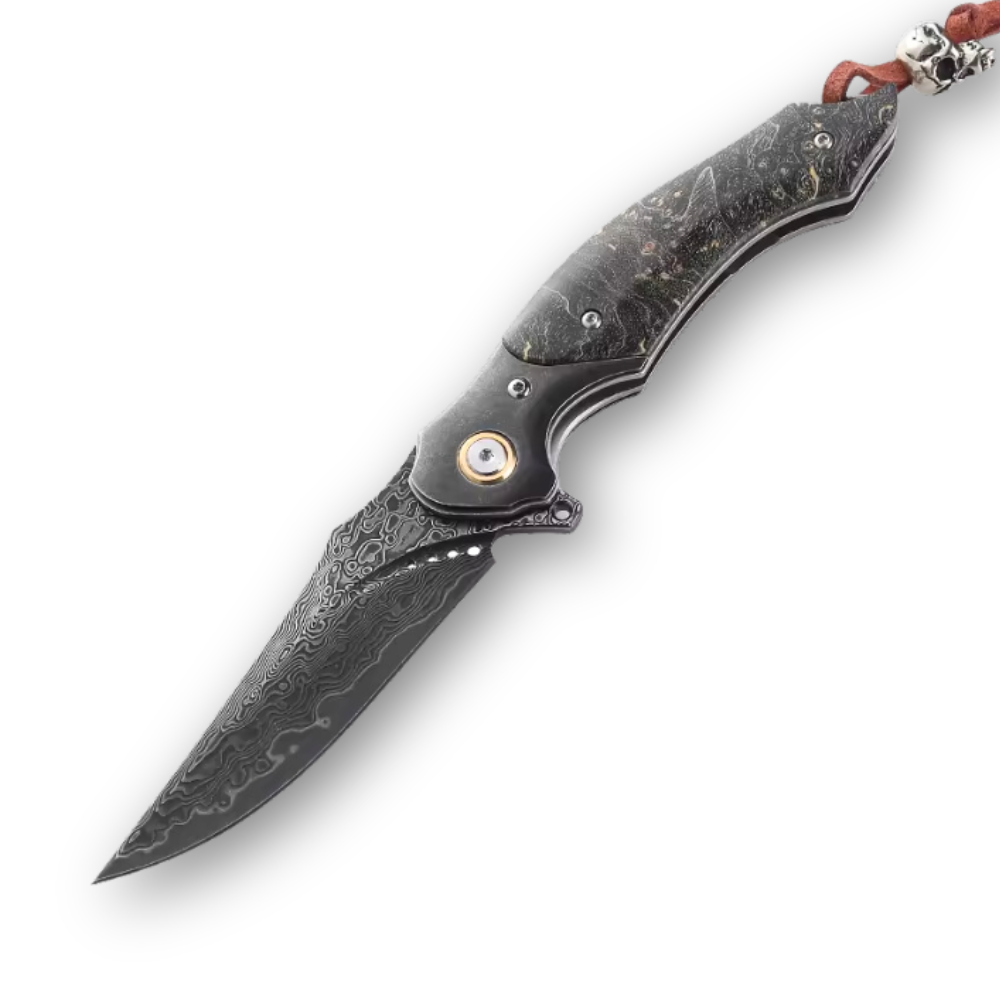

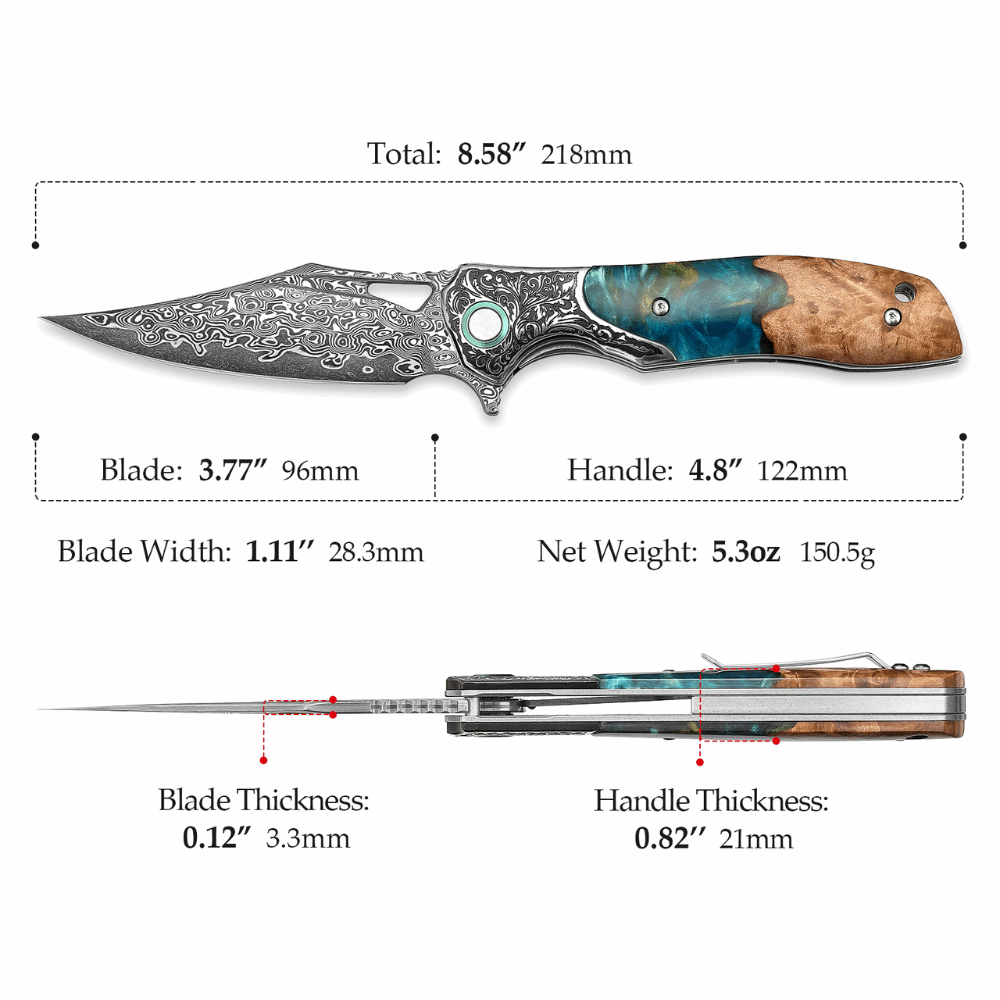
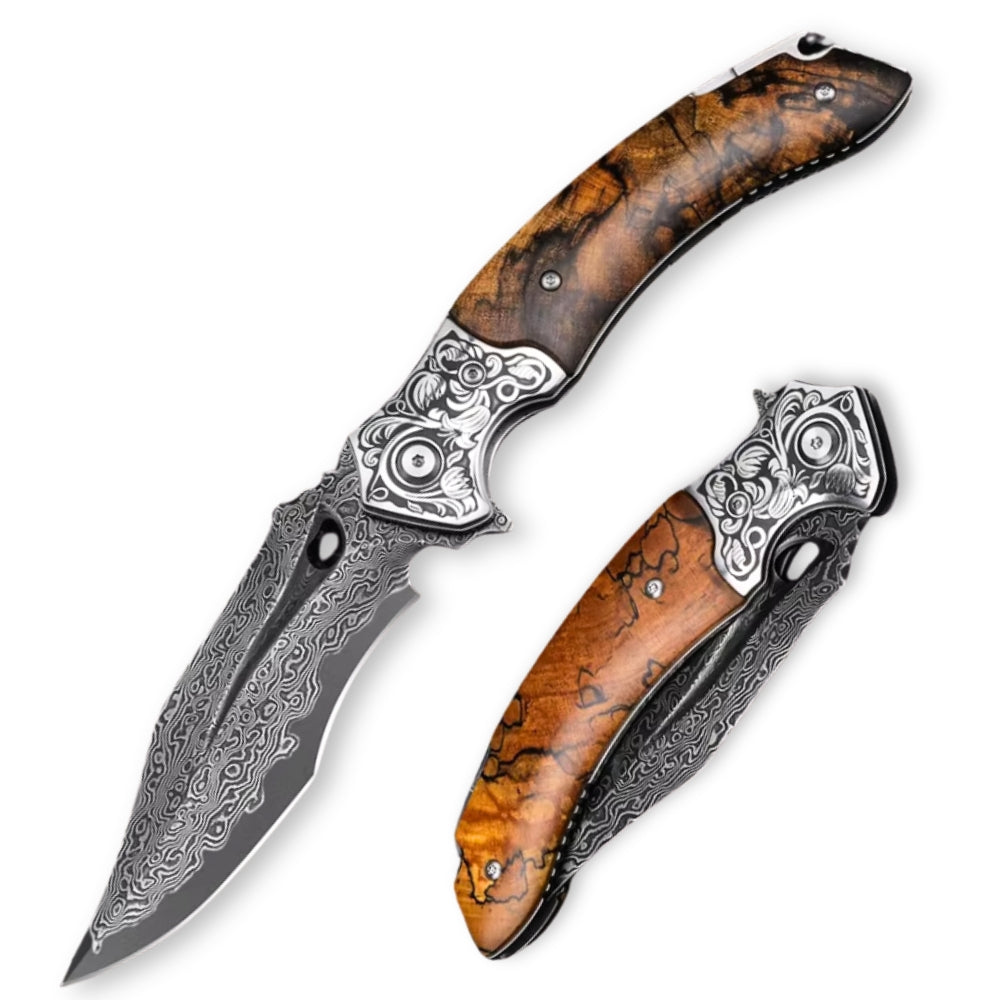
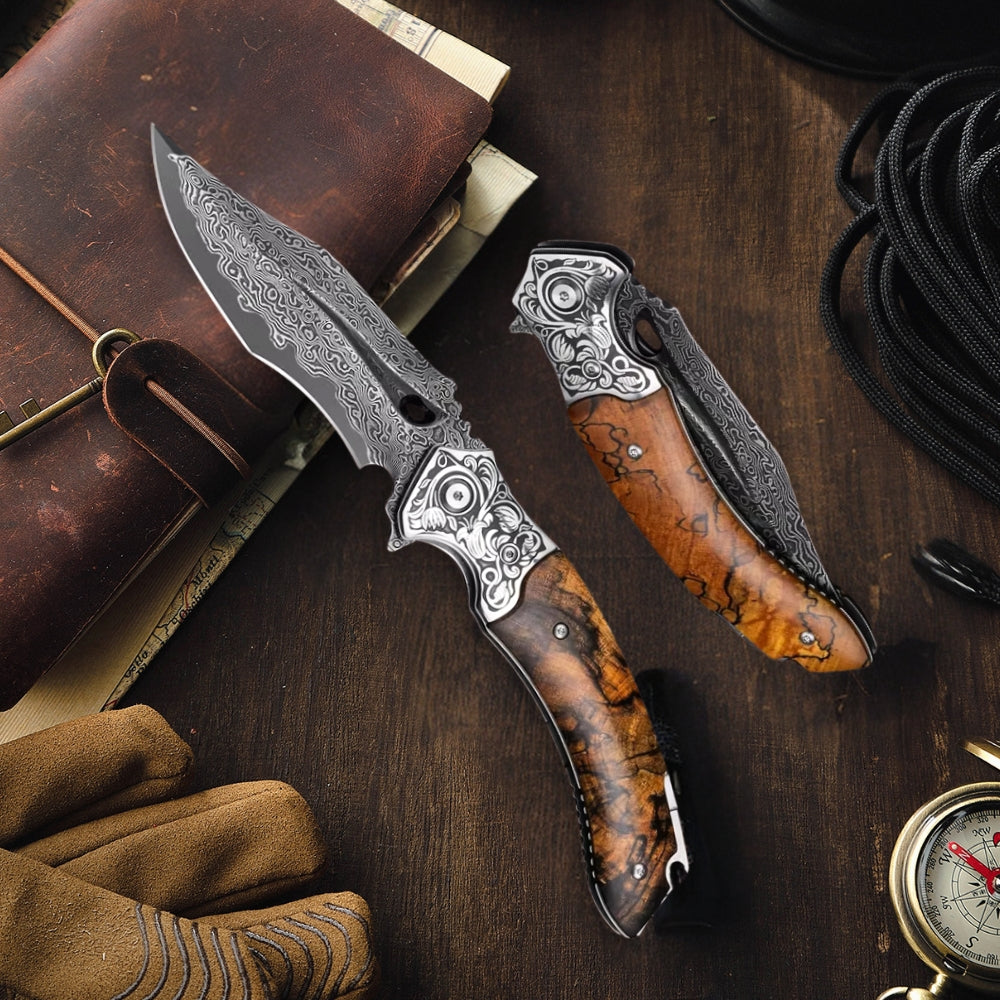
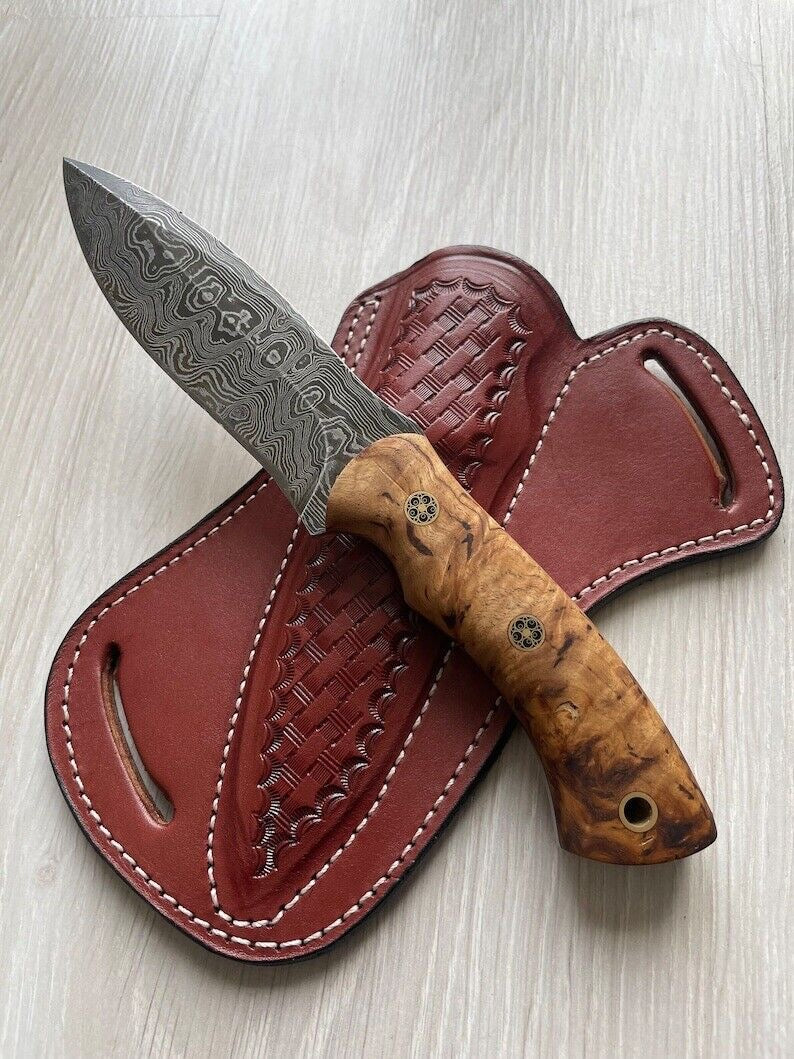

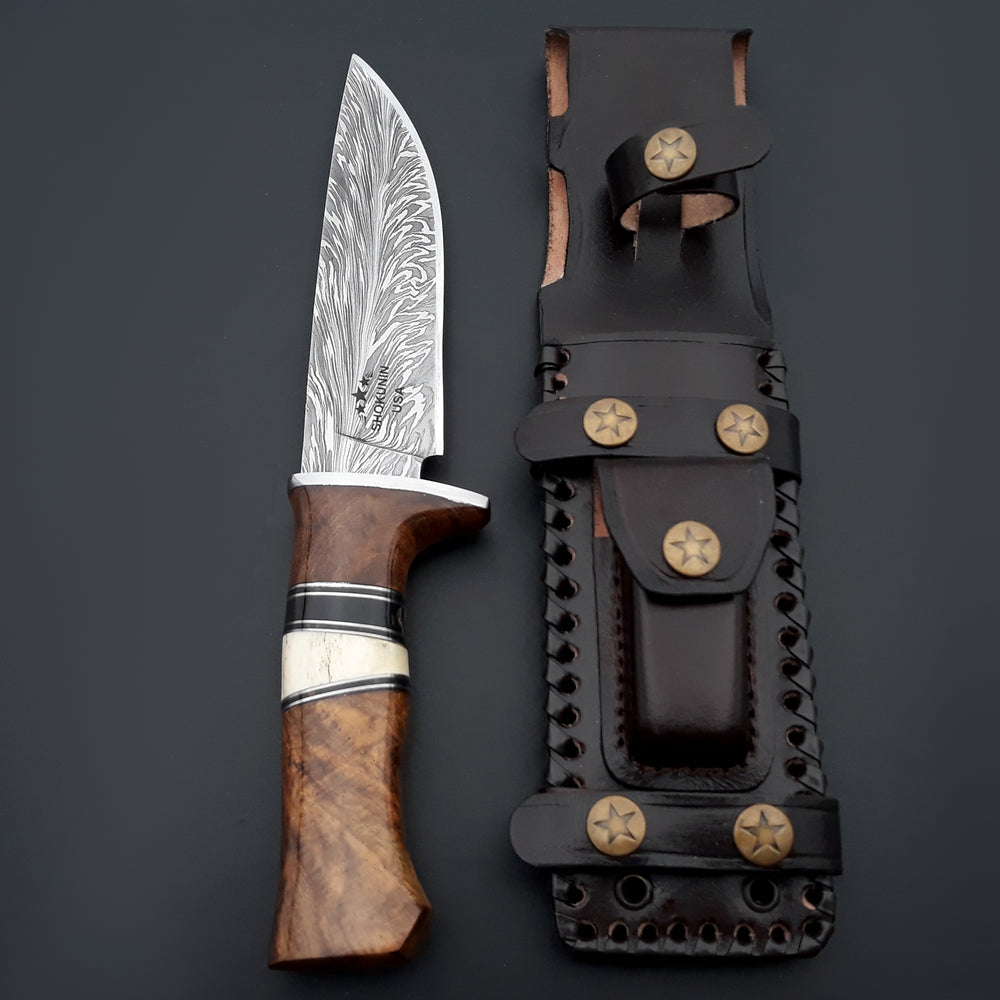
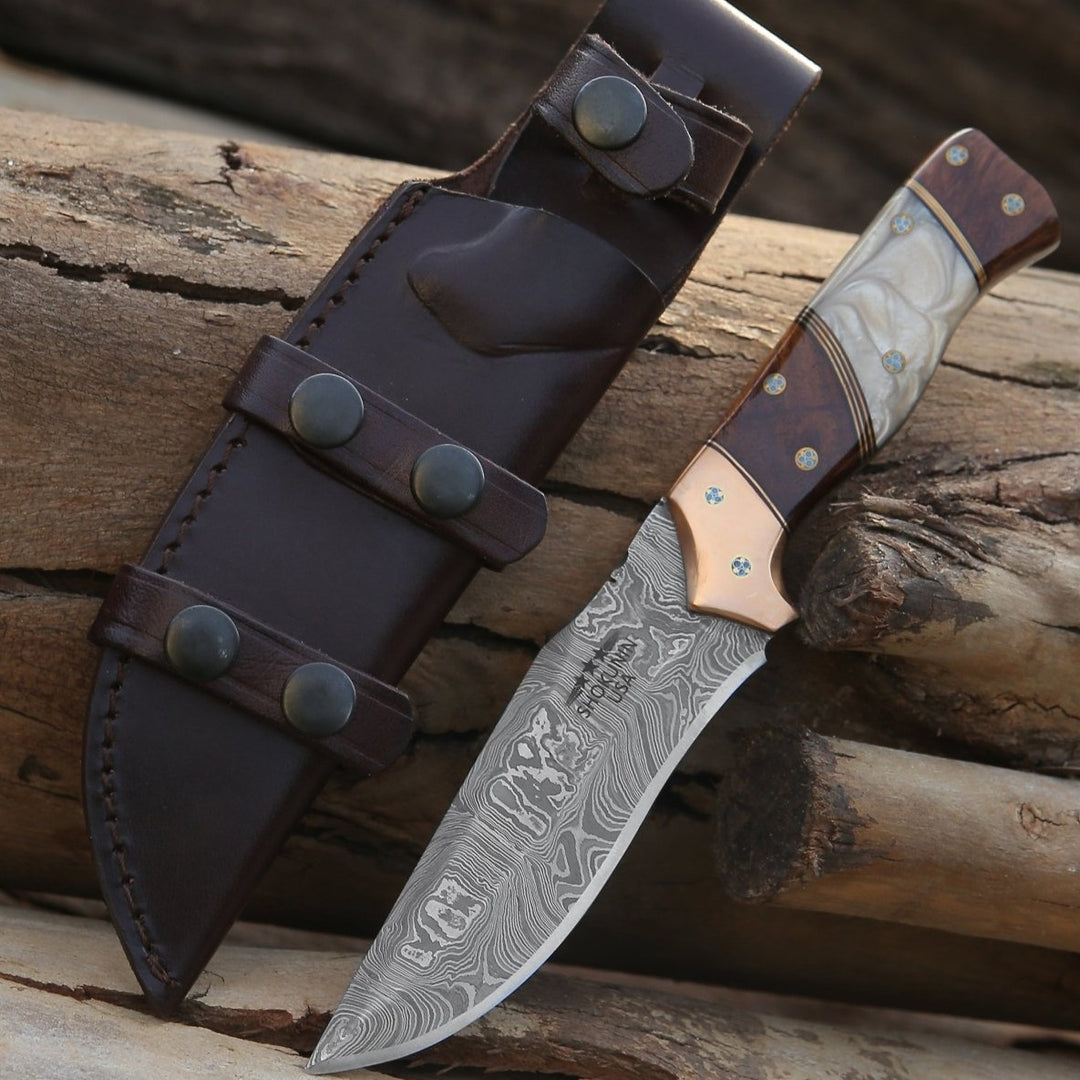
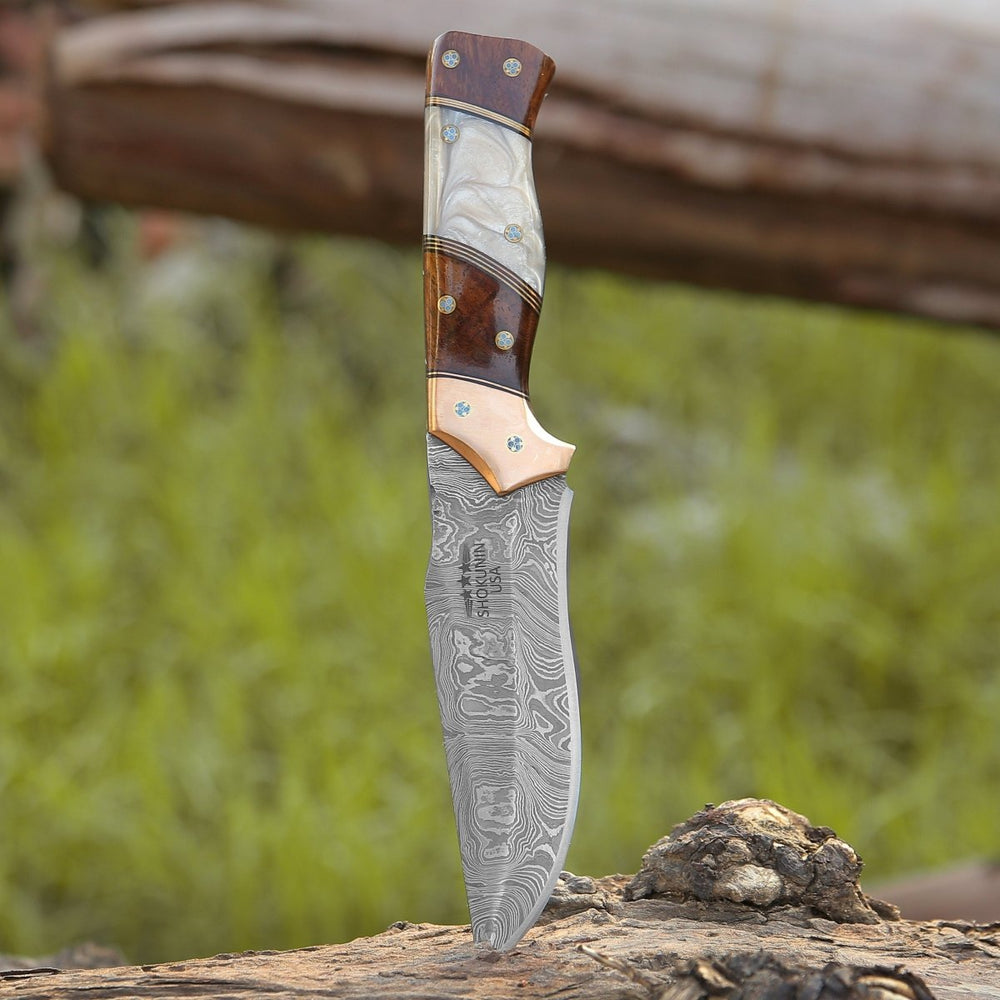
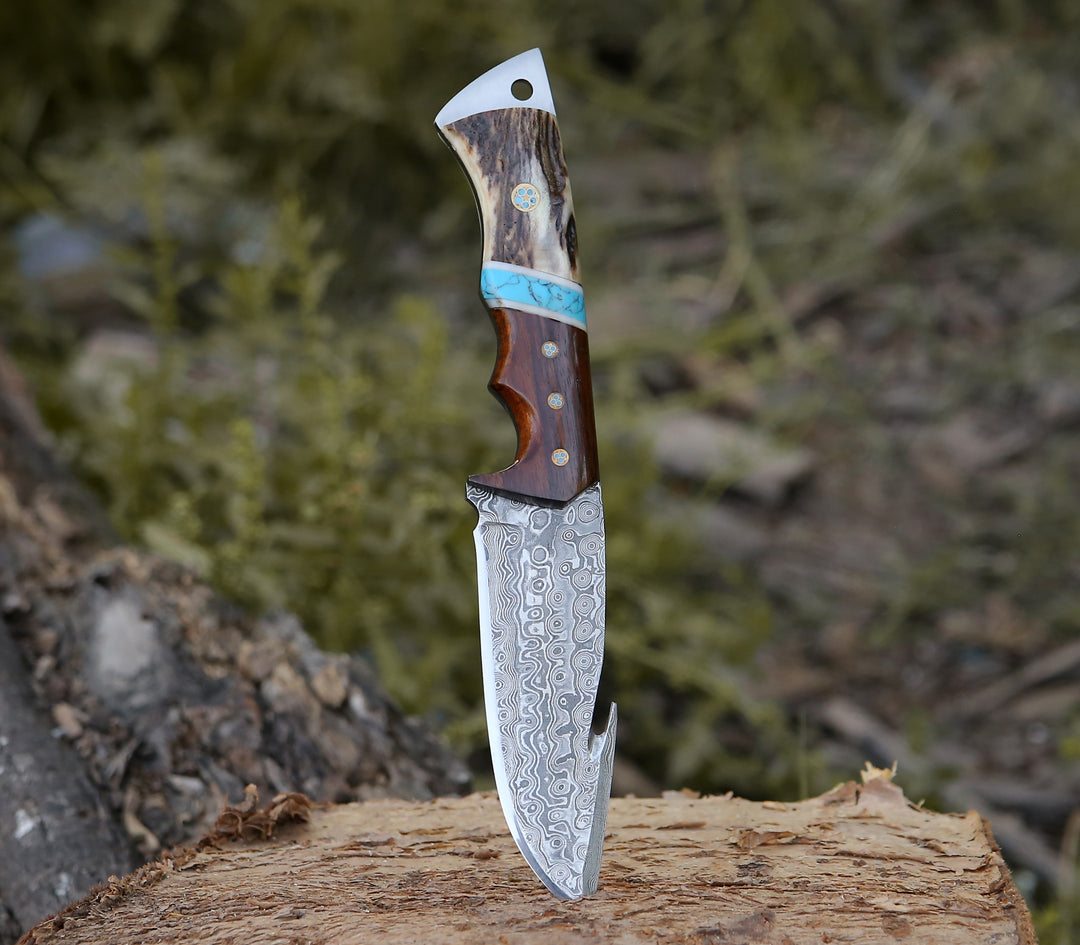

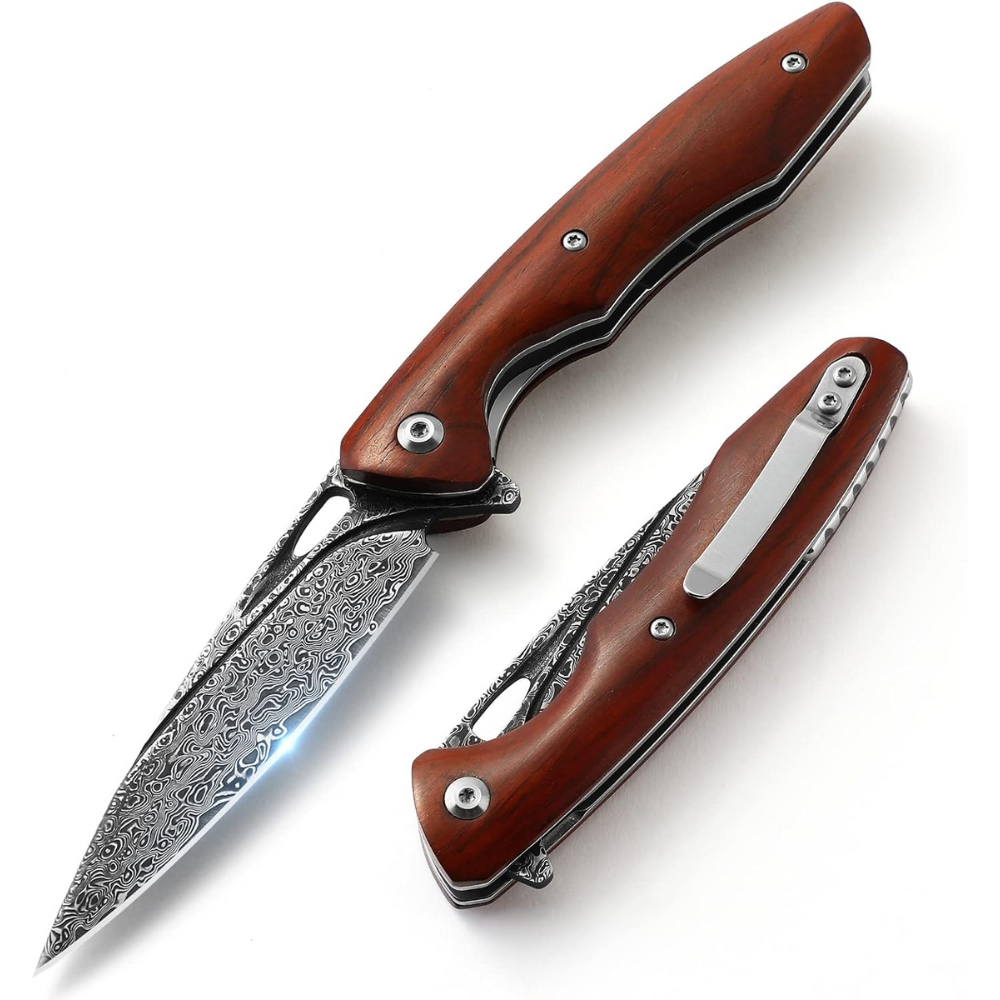
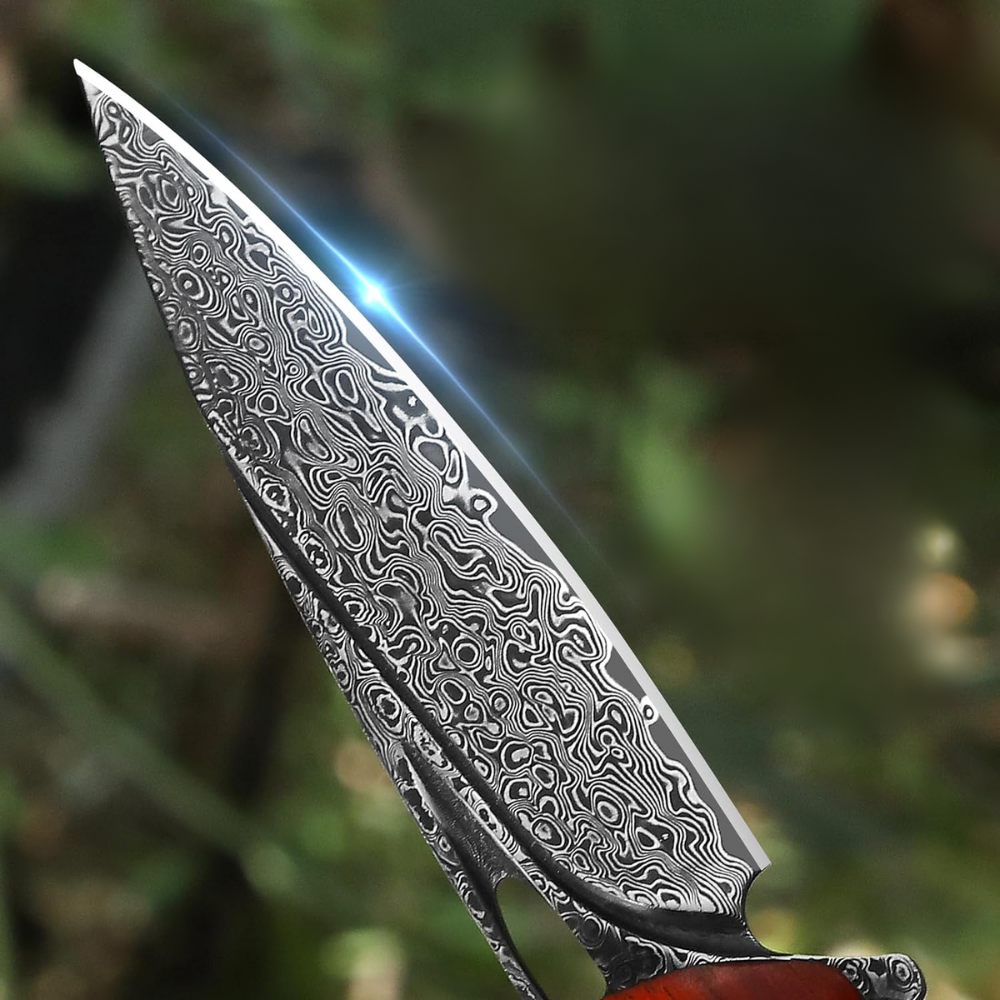
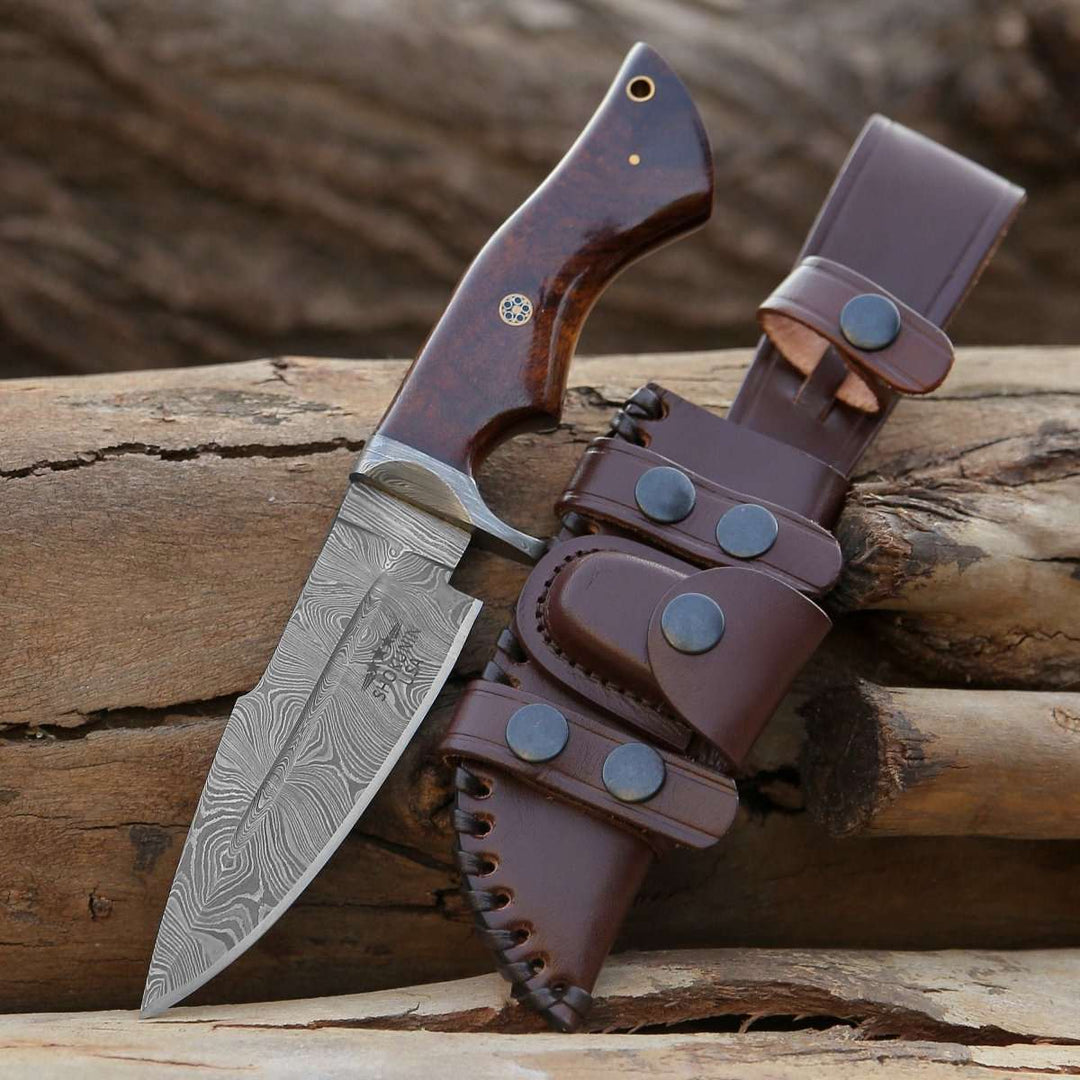
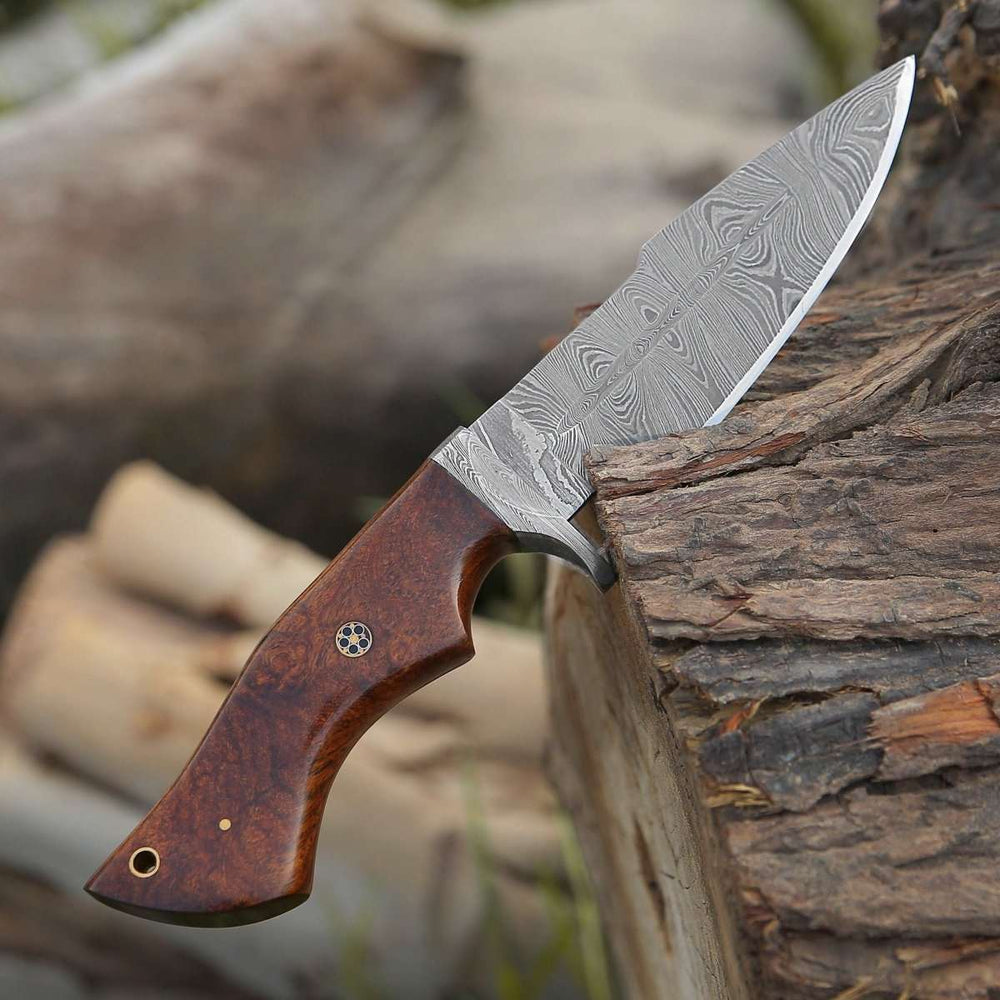
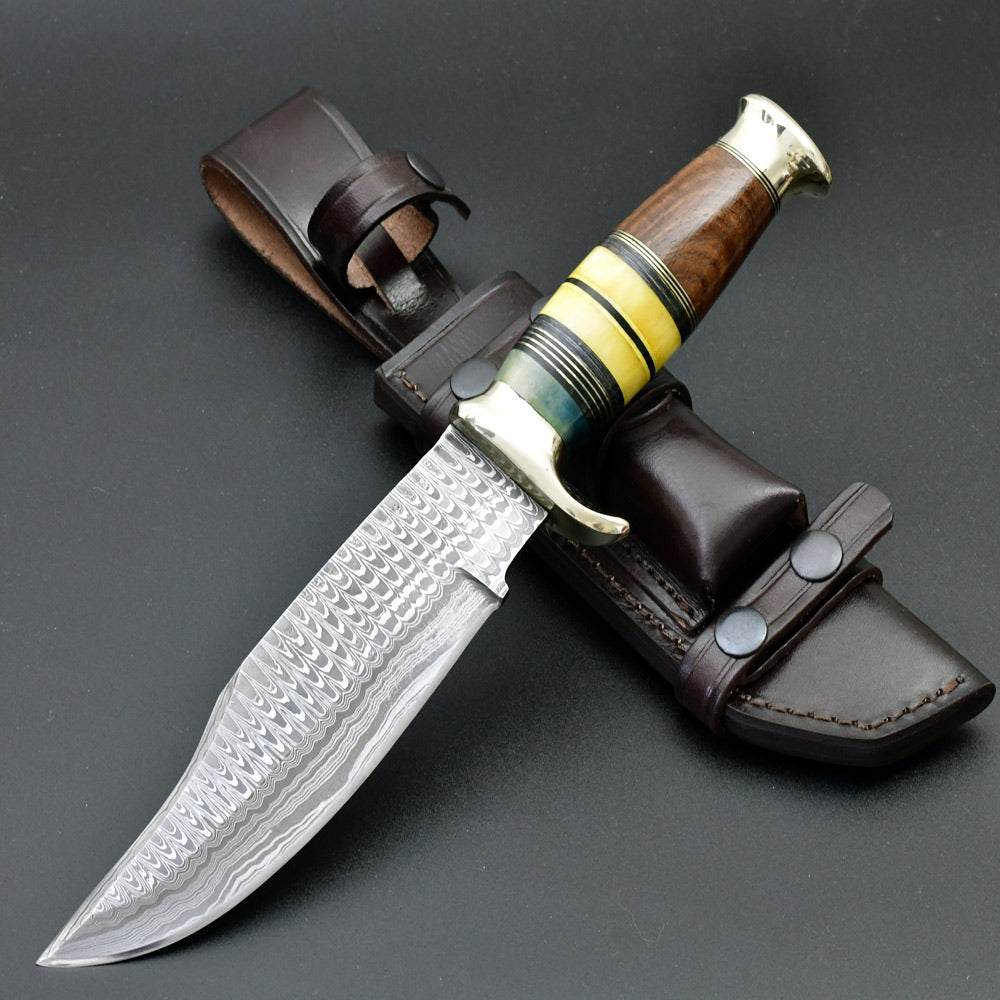
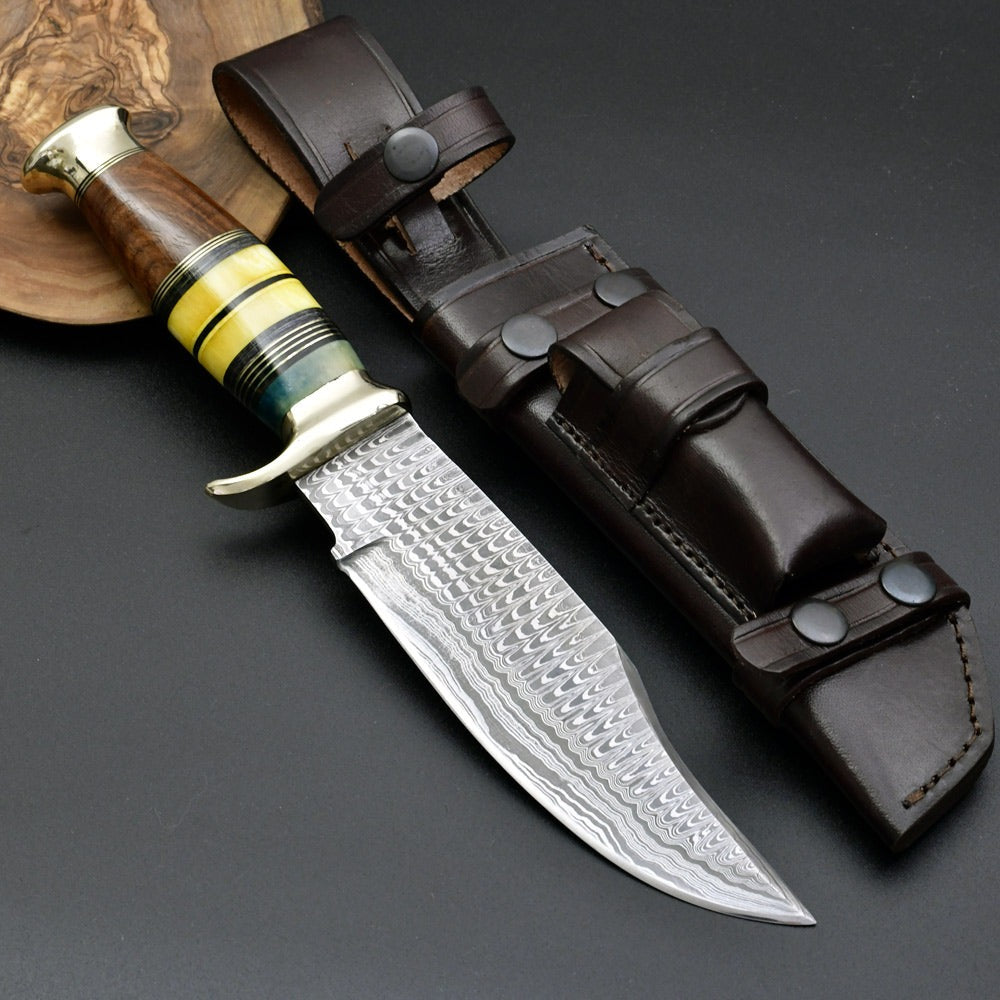
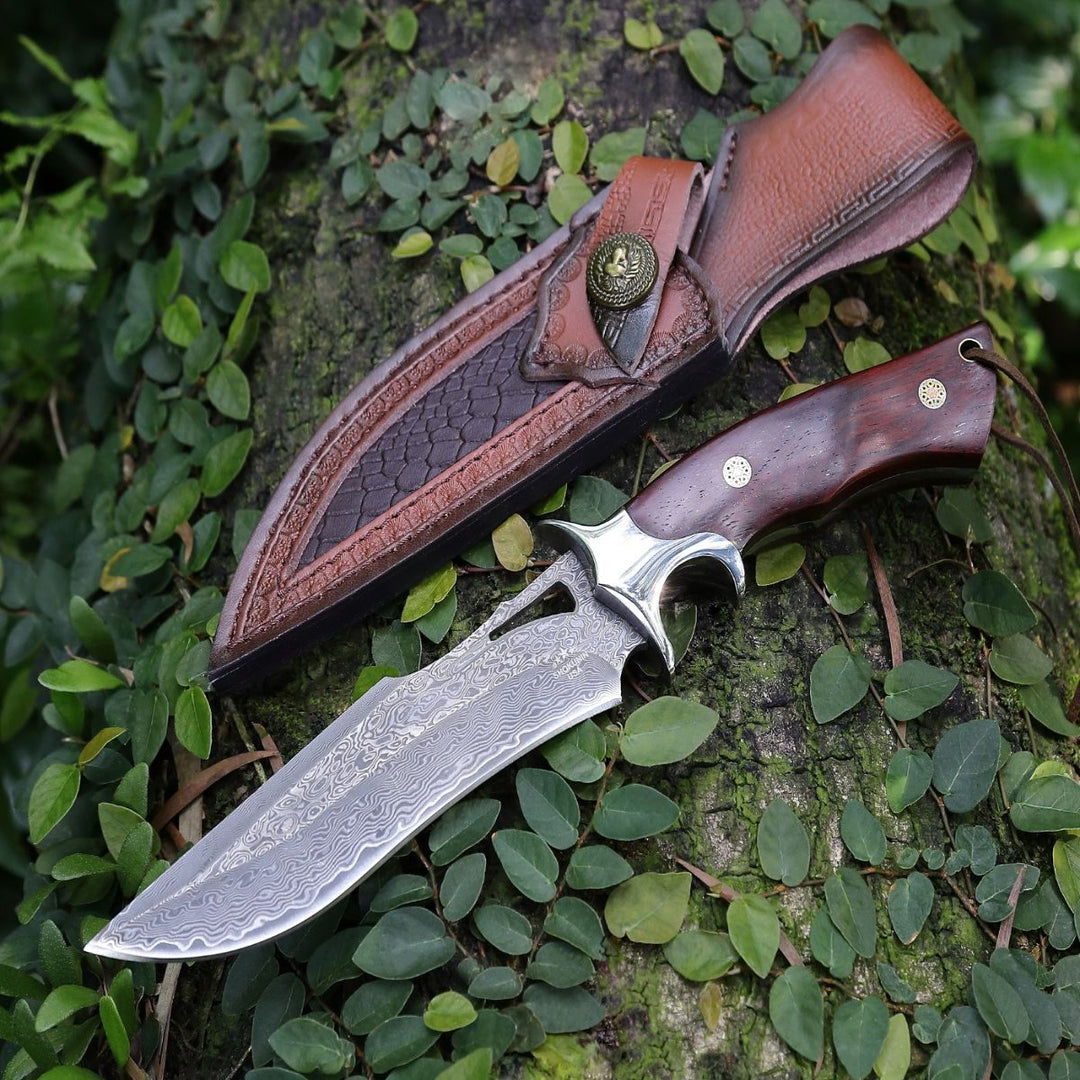
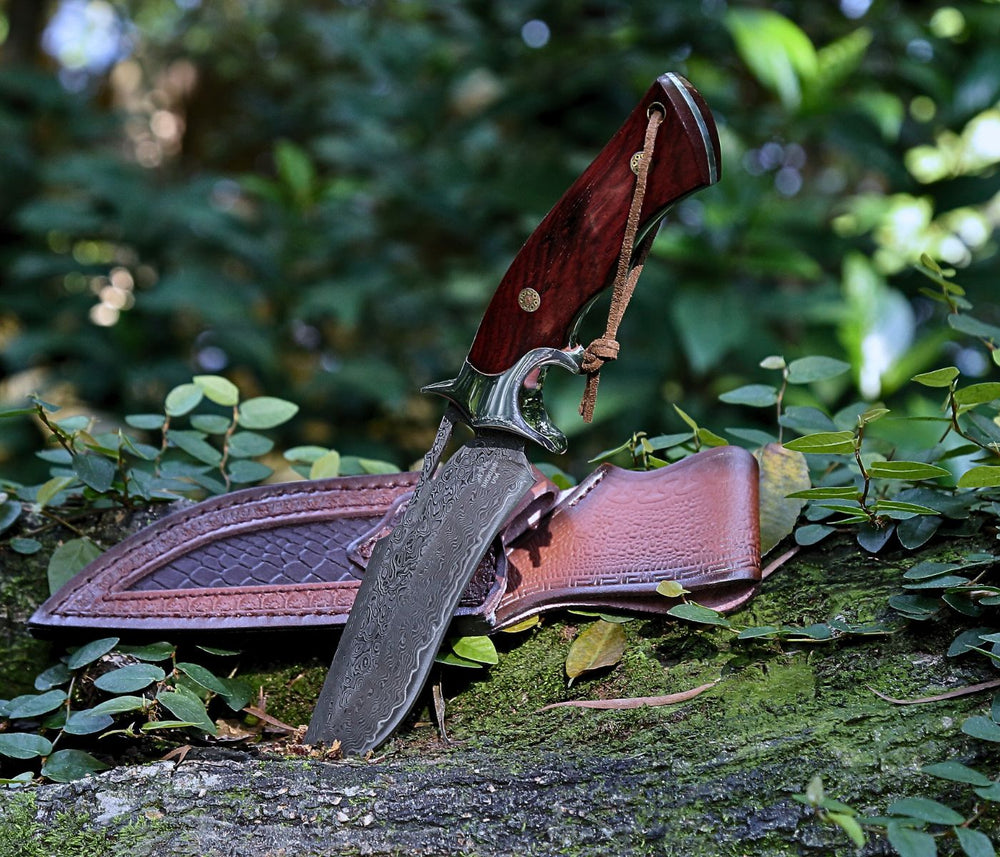
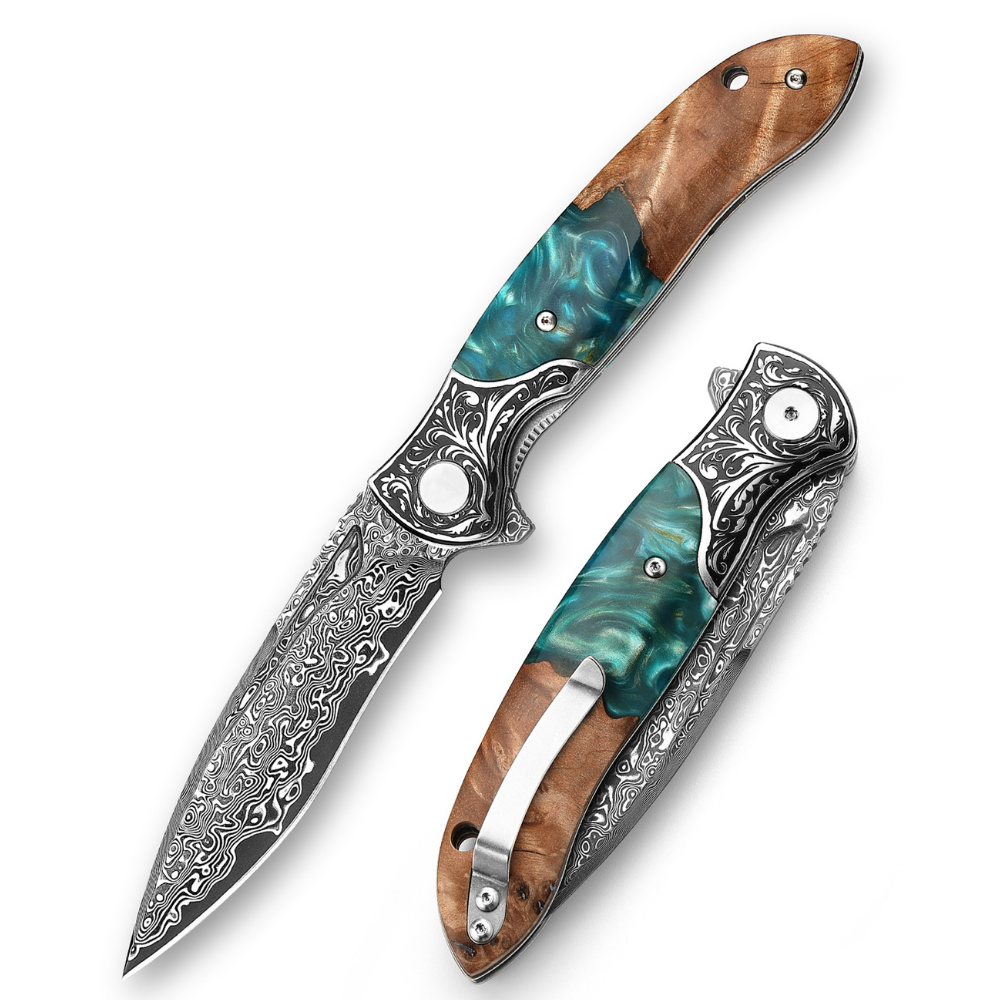

Dejar un comentario